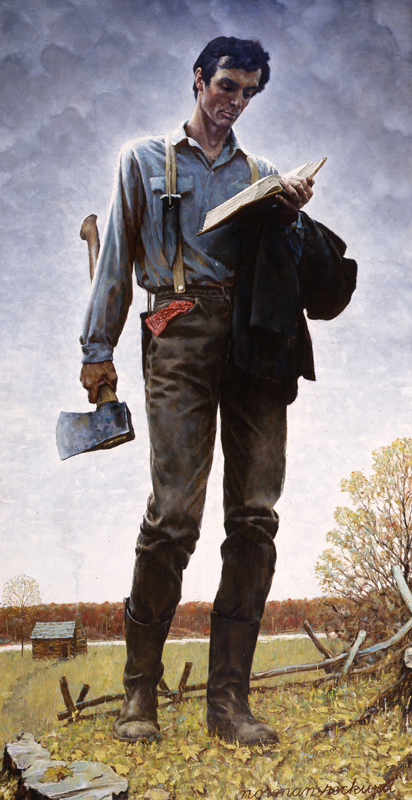Tuesday
Last week I came across a tweet from Louisville English professor Amy Clukey about the relevance of literature in dark times, such as when a fundamental right is being ripped away from American women—or to put it more accurately, when state legislatures are given permission to rip that right away. The observation put me in mind of something Percy Shelley says in Defence of Poetry.
First to Clukey, who tweeted,
Some are mocking literary scholars right now, like our close reading and theorizing novels and poetry is so stupid because it didn’t stop Roe from being overturned. Aren’t we useless and out of touch?
No. Literature is one place that women get to see themselves as people.
I remember getting into a similar debate at a conference on Islamic repression in Iran where a participant wondered about the inclusion of Azar Nafisi’s Reading Lolita in Tehran: A Memoir in Books. Why concern ourselves about how Iranian women were reading various English-language classics, the activists wondered, when there were political battles to be fought. To which I answered that literature helps us figure out what we’re fighting for. It gives body to ideals that otherwise can all too easily by hijacked and even corrupted by narrow self-interest. Literature, I suggested (thinking of Franz Fanon’s Wretched of the Earth) that work in conjunction with political action, functioning as a kind of compass.
With the rise of an authoritarian GOP and an authoritarian Supreme Court—not to mention the revival of authoritarian systems in various parts of the world—we are in dire need of such a compass. What Percy Shelley says about poetry’s power in dark times is therefore worth revisiting.
If poets are, in his words, the “unacknowledged legislators of the world,” it’s because they hold open an expansive vision of humanity, even when human society is closing down human possibility. Shelley describes the expansive vision we get from the great Greek tragedians of 5th century BCE Athens as follows:
The imagination [when engaging with Aeschylus or Sophocles] is enlarged by a sympathy with pains and passions so mighty, that they distend in their conception the capacity of that by which they are conceived; the good affections are strengthened by pity, indignation, terror, and sorrow; and an exalted calm is prolonged from the satiety of this high exercise of them into the tumult of familiar life…. In a drama of the highest order there is little food for censure or hatred; it teaches rather self-knowledge and self-respect.
So when Europe (as Shelley saw it) fell into darkness, poets such as Dante and the French romance writers kept that vision alive:
[T]he world would have fallen into utter anarchy and darkness, but that there were found poets among the authors of the Christian and chivalric systems of manners and religion, who created forms of opinion and action never before conceived; which, copied into the imaginations of men, became as generals to the bewildered armies of their thoughts.
I used a compass analogy but thinking of books as “generals to the bewildered armies of [our] thoughts” works as well.
To be sure, poetry should never be substituted for political action. We need to protest and write letters and run for office and vote, vote, vote. But literature will keep us grounded in what is essential. As Clukey notes, it will remind us—lest we forget—of what is involved with being a whole person.


